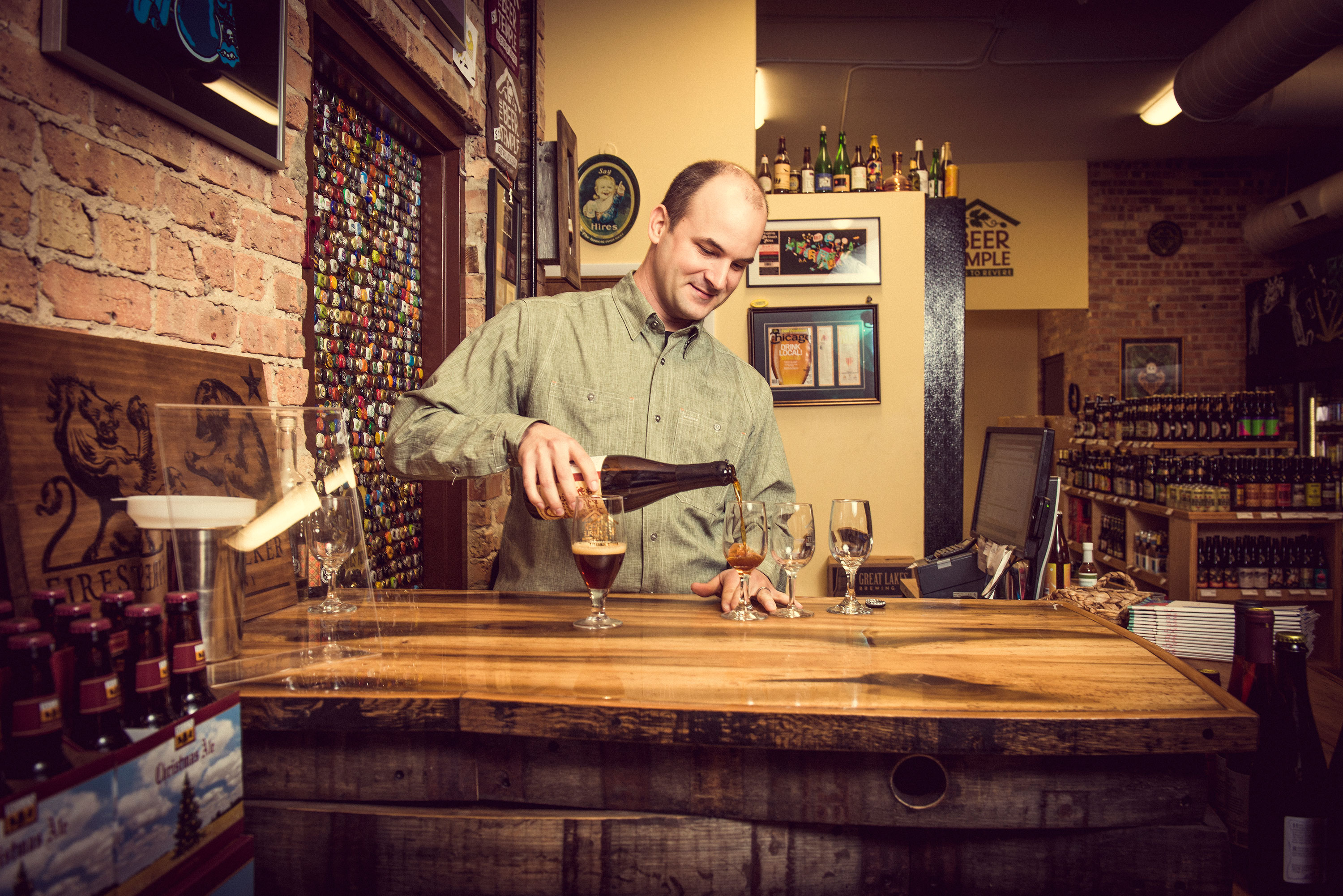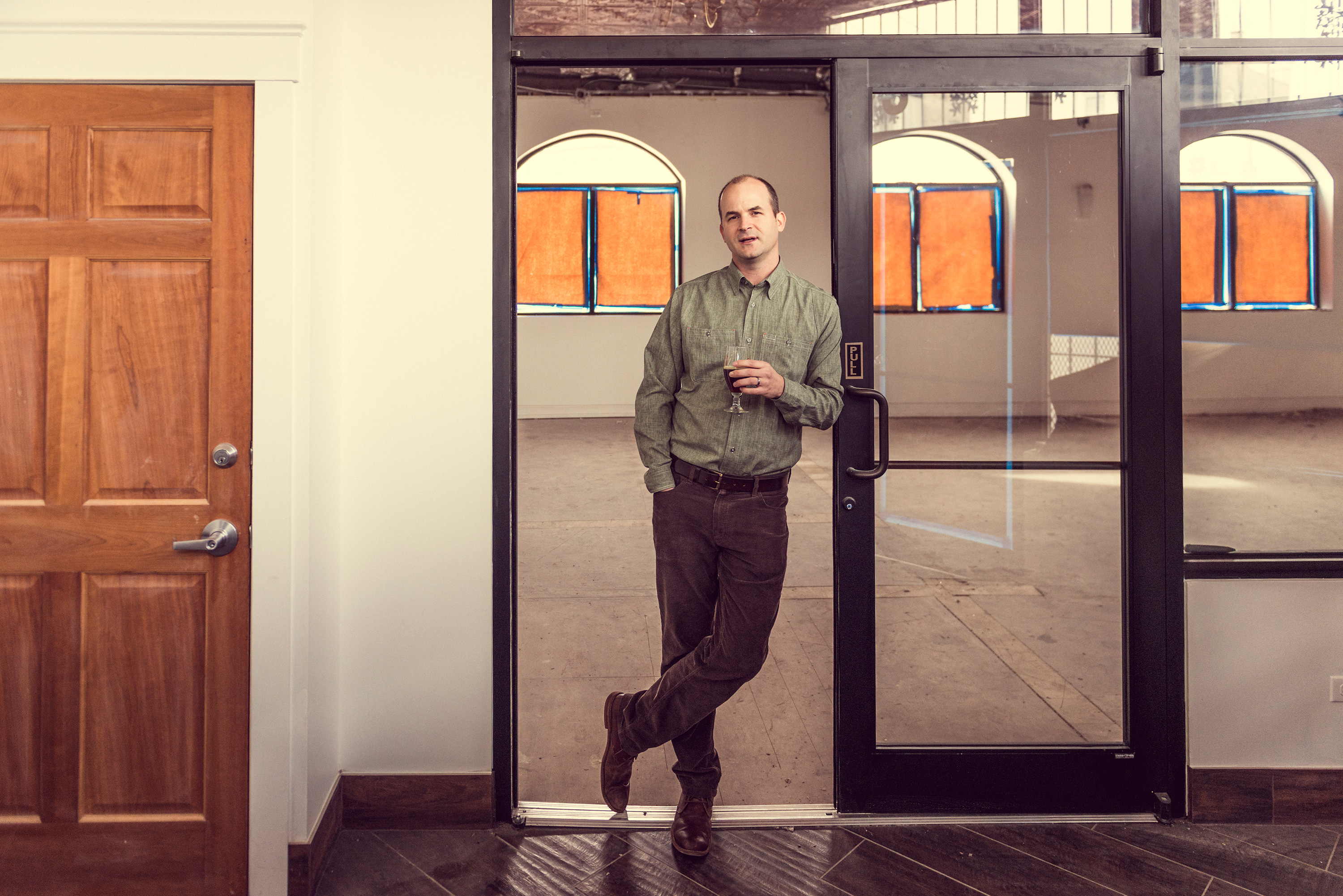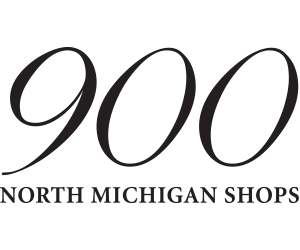Interview by Philip Montoro
Photos by Bill Whitmire
I was coming of drinking age during the first craft-beer bubble. When I first had a beer and was like, “Something is happening that I think is important, and I want to learn more about it,” it wasn’t till years later—probably 2007. I was at a bar that had so much variety from so many different breweries from all over the country, and the bartender—who I believe was Phil Kuhl—was so excited about it. My family comes from a bunch of wine people, and wine is amazing, but unless you live in one of a very few places on earth, your local product isn’t going to be world-class. With beer, it was so interesting to me that people all over the place were making these outrageous beers.
I started reading extensively, going online. I traveled a little bit, and that’s where the inspiration for the store came from—my wife and I were in Belgium in 2009, and we went to this small chain called De Bier Tempel. It reminded me more of a wine shop for beer. A couple days later, my wife was like, “It’d be cool if we had a place like that.” To be truthful, that’s why I got my cicerone certification. When you’re opening up a store and you have absolutely no industry experience, how do you tell a banker that you know enough about beer?
I’m amazed at how far-reaching the Beer Temple name is—I’ve been a thousand miles from here and had people recognize me. Every single day we have people from out of state. People have heard that we have a curated beer selection and an education-focused mentality—not to mean that we’re going to lecture you, but we’re into helping you find whatever you need.
We’ve had food- and cheese-pairing events, we’ve had discussions with brewers, we’ve done oral histories. We also do ingredient-focused classes, like a hops class or a Beer 101 class. We do off flavors, draft quality, everything. People come and say, “Well, all right. I’m here! Help me out.” Which we love. I understand that for this business to be viable, they have to pass multiple liquor stores to get to this store.
Rare beer, as a whole, is not rare. We always have something that people are clamoring for. I try to remember that I might’ve had someone come in and ask me for the latest Mikerphone beer or the latest beer from whatever hot brewery a hundred times that day, but that person’s likely only asked once. Unless it’s one of these people who’s going from store to store on a quest to hoard as much as possible—this kind of Pokémon-ification of beer, where the hobby is in the chase and then displaying your trophies on social media. Rather than, “Why is this beer worth getting?” There’s so much great beer that you don’t need to wait in line for. There’s more great beer now than there was before there were lines all the time.
Sometimes a local beer is going to taste better because—for example, I had a beer dropped off yesterday that had been canned that day. That can only happen with local stuff. I also think that local beers are more diverse, sometimes, than the big guys—they’re more nimble, they’re smaller.
These larger craft breweries have gotten to a certain size—almost always, I would say—because the quality is there. I think Half Acre is absolutely killing it. They’re one of the best breweries in Chicago. When they first opened up, the beer was not up to the quality—nowadays, I don’t think they would’ve survived if they released the beer that they were releasing then. So it’s tough. Do you give people a shot? It’s a shame, because there are local breweries that are struggling, and we’re saying, “You’ve got to make better beer.”
Donn Bichsel [director of sales at Revolution Brewing] had me speak at a summit where he invited a bunch of his distributors. Freshness is what he wanted me to talk about. There was a little bit of pushback from some of the distributors—like, “You can’t just send stuff back. You can’t just reject the beer if it’s not this old. You have to keep it on the shelf.” Afterwards Donn said, “I don’t know if you’re aware of how you started doing things has had an effect on people—you deserve some credit for that.” That was awesome. If there’s fresher beer for people in the Chicago area because of one little store—for some distributors, I was sending back a quarter of all the beer that they would ship me, week to week.
I stuck to my guns, and every time I reached out to the brewer, they almost always had my back. These brewers are putting their heart and soul into these beers. And for me to then put on my shelf a dead example of that beer—I’m not helping them at all. I’m helping nobody but the distributor. I’d rather have an empty space.
It’s almost like a fresh-market approach. You come in, and it’s not “I need to get this beer,” it’s “I want this style, and I want a great, fresh example of it—what do you have today?”
We have filters on our windows to protect the beer from UV light and from the spectrum of visible light that skunks beer. Same with our overhead lights and the lights in the coolers—we put in LED lights that are meant to minimize the effects of light on the beer. If you’re gonna talk the talk, you should walk the walk.
We’re running out of room in our current space. It just so happened that the building next door became available, and we’re building that space out. The beer shop is going to be expanded. There will be a small outdoor space. Really the most innovative feature is going to be in the bottle shop. I’m working with multiple engineers and HVAC specialists—it’s about storing the beer properly. We’re also going to have a bar in there. It’s going to be a separate entity. I don’t want to drink beer in a beer store; I want to drink beer in a bar, and I want to shop for beer in a beer store.
We’re going to have beers pouring at optimal carbonation, optimal temperature. You can wait for your beer to warm up, let’s be real—we don’t want it to be this fancy-pants, hoity-toity thing. Beer is still something that everyone should feel comfortable about. We’re just going to do it, and hopefully people will realize that they have a more enjoyable experience because we really cared for the beer.
My hope is to broadcast the radio show from there as well. If I have someone come in from Avery Brewing, then she sticks around and we tap a special beer and the talk continues. It’s all about connecting with each other over a shared love. v


![[photo of sarahlynn pablo]](https://people.chicagoreader.com/wp-content/uploads/2016/12/People_Issue_Sarahlynn_Pablo-cropped-150x150.jpg)

